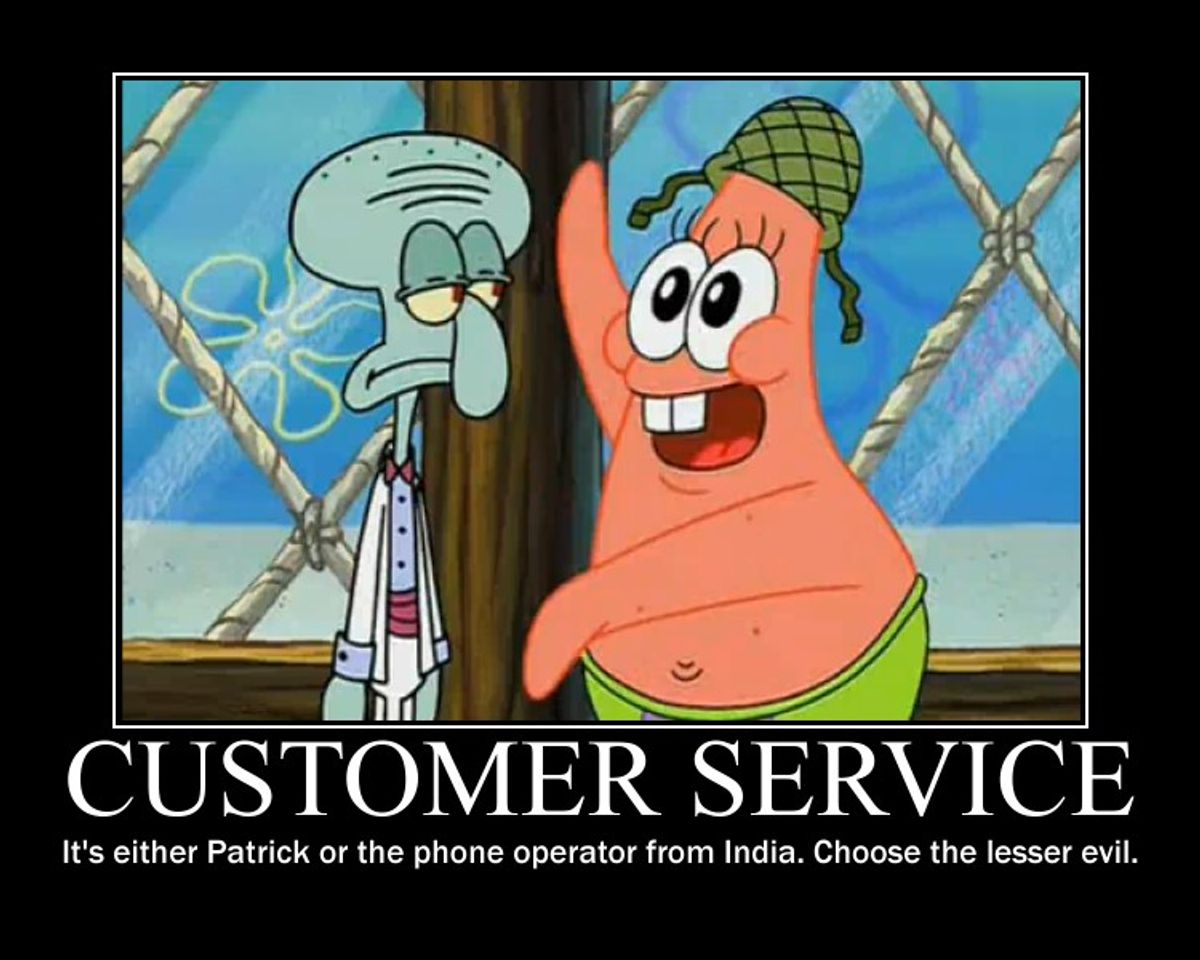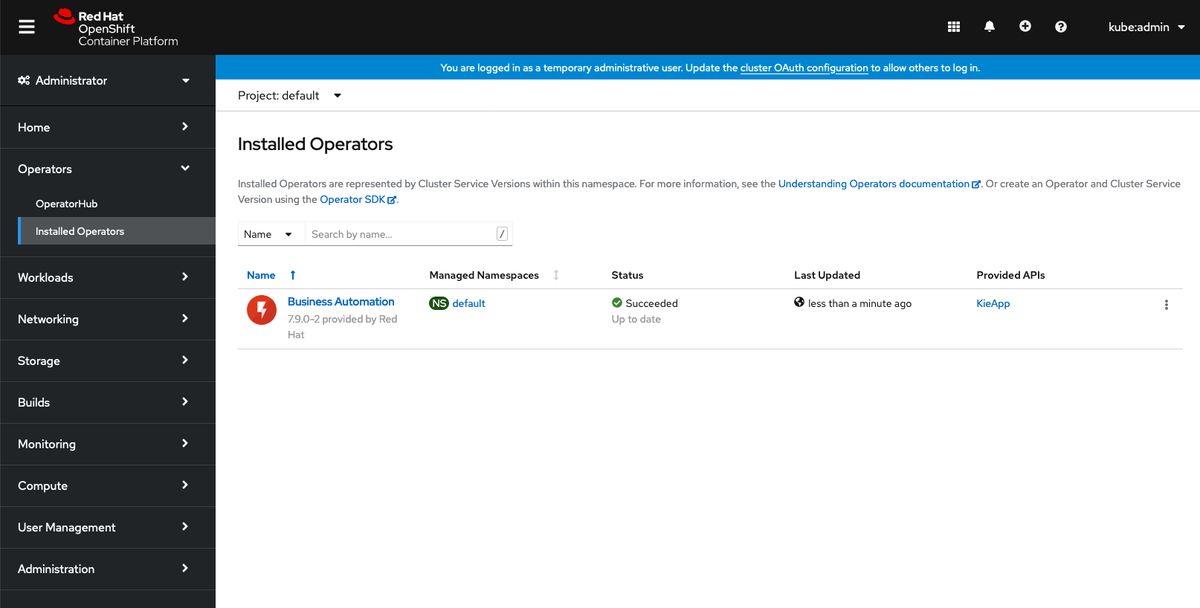In an age where efficiency and personalization are paramount, AI scheduling automation stands as a transformative force in enhancing customer experiences. By leveraging the power of artificial intelligence, businesses can streamline their operations, tailor interactions to individual needs, and ensure a consistent, proactive approach to customer engagement. This article delves into the ways AI can revolutionize various aspects of scheduling, from leadership prioritization to partner integrations, ultimately leading to a more satisfied and loyal customer base.
Key Takeaways
- AI scheduling automation transcends traditional automation by focusing on customer experience and proactive engagement across all touchpoints.
- By automating mundane tasks such as meeting scheduling, AI can significantly boost productivity and user satisfaction, leading to increased adoption and growth.
- AI-driven scheduling can help leaders effectively prioritize and scaffold OKRs, aligning daily activities with broader business objectives.
- Innovative AI scheduling tools can enhance reputation management by automating review requests and responses, improving search visibility and customer engagement.
- AI has the potential to predict and resolve API integration issues, reducing the burden on developers and creating a more seamless partner ecosystem.
Revolutionizing Leadership Prioritization with AI

Automating Workflow Logic for Proactive Leadership
In the era of Generative Artificial Intelligence, corporate workflows are undergoing a transformation. By automating workflow logic, leaders can proactively address tasks and challenges, ensuring that nothing falls through the cracks. This strategic automation allows for a more dynamic approach to leadership, where decision-makers can focus on high-impact activities rather than getting bogged down by routine processes.
Embracing AI in workflow automation not only streamlines operations but also equips leaders with the tools to anticipate future needs and adapt swiftly. This proactive stance is crucial in maintaining a competitive edge in today's fast-paced business environment.
The integration of AI into workflow logic manifests in various ways, from automated reminders to dynamic scheduling that adapts to real-time priorities. Here's a glimpse of how AI can enhance leadership tasks:
- Prioritizing critical tasks based on data-driven insights
- Scheduling meetings and resources efficiently
- Automating follow-ups and accountability checks
- Generating reports and analytics for informed decision-making
By leveraging AI, leaders can ensure that their teams are always aligned with the organization's goals, fostering a culture of efficiency and innovation.
Scaffolding OKRs with AI-Driven Scheduling
The integration of AI into the process of setting and tracking Objectives and Key Results (OKRs) is transforming leadership efficiency. AI-driven scheduling tools are revolutionizing the way leaders prioritize and manage their objectives, ensuring that key goals are consistently aligned with daily activities. By automating the alignment of OKRs with daily schedules, leaders can focus on strategic decision-making rather than the minutiae of planning.
AI's dynamic scheduling capabilities allow for real-time adjustments to priorities, ensuring that leaders are always focused on the most impactful tasks.
Here's how AI can scaffold OKRs effectively:
- Automating repetitive tasks enhances overall efficiency, allowing leaders to focus on high-value activities.
- AI can pull relevant data at the right time, providing a consistent and proactive experience across all touchpoints.
- AI understands the user's typical workflow and configures the next steps automatically, streamlining the path to achieving OKRs.
By reducing the cognitive load of constant prioritization and rebalancing, AI empowers leaders to accelerate progress towards their objectives, ultimately driving business growth and enhancing employee productivity.
Enhancing Decision-Making with Predictive Agenda Setting
The integration of AI into decision-making processes marks a significant leap forward in how leaders manage their time and focus. AI-driven predictive agenda setting tailors the decision-making landscape by analyzing historical data and current trends to forecast the most pertinent topics and decisions that need attention. This proactive approach ensures that leaders are always a step ahead, concentrating on areas that will yield the highest impact.
By leveraging AI to predict and prioritize agenda items, leaders can dedicate more time to strategic thinking and less to the minutiae of day-to-day operations.
The benefits of predictive agenda setting with AI are manifold:
- Efficiency: AI algorithms can quickly sift through vast amounts of data to identify key issues, saving valuable time.
- Relevance: The agendas are crafted to be highly relevant to the current business climate and organizational goals.
- Adaptability: As conditions change, AI can adjust agendas in real-time, keeping leaders agile and informed.
Ultimately, AI's predictive capabilities in scheduling and agenda setting are transforming leadership from reactive to proactive, enabling a more dynamic and effective decision-making process.
Boosting User Adoption and Growth Through AI Integration
Alleviating Scheduling Inefficiencies for Enhanced Productivity
The integration of AI into scheduling systems is transforming the landscape of productivity. AI-driven automation is addressing the core inefficiencies that plague workers, particularly when it comes to the time-consuming task of arranging meetings. With AI, the hours spent on coordinating schedules can be significantly reduced, freeing up valuable time for more strategic activities.
- AI algorithms can analyze various factors such as resource availability and demand fluctuations.
- The system can generate an optimized schedule that aligns with individual and team objectives.
- This leads to a master production schedule that maximizes efficiency and satisfaction.
By leveraging AI, businesses can ensure that their scheduling processes are not only more efficient but also more intelligent, adapting to the dynamic needs of the workforce and the market.
The promise of AI in enhancing productivity is not just theoretical. Real-world applications have shown that automating the scheduling process can lead to a more streamlined workflow, where meetings become a tool for growth rather than a source of frustration. As AI continues to evolve, it will become an indispensable ally in the quest for peak productivity.
Cultivating a Stickier Product with AI Utility
In the competitive landscape of SaaS products, AI integration is pivotal in enhancing user engagement and retention. By embedding AI into the core functionality, products become more intuitive and indispensable to the daily operations of users. This not only fosters loyalty but also encourages habitual use, making the product an integral part of the customer's workflow.
AI's ability to learn and adapt to user behavior is key in delivering a personalized experience that resonates with customers. It's about creating a product that not only meets the immediate needs but also anticipates future requirements, thereby solidifying its position in the market.
Here are four meaningful ways AI can drive successful customer outcomes:
- Leveraging AI for Personalization: Tailoring experiences to individual user preferences.
- Automating Mundane Tasks: Freeing up time for users to focus on high-value activities.
- Enhancing Decision-Making: Providing actionable insights for better business outcomes.
- Integrating Ecosystems: Facilitating seamless interactions between different software solutions.
By focusing on applications that drive the most value, companies can ensure they are on the right path toward generating a significant return on investment from AI, all while creating a better product for their customers.
Fostering a Synergistic Partner Ecosystem
In the realm of B2B SaaS, the integration of complementary products is pivotal for enhancing the overall customer experience. AI's role in creating an engagement layer across multiple applications is a game-changer, making each product not only more valuable but also more interconnected. This synergy is essential for a thriving partner ecosystem.
- AI mitigates workflow challenges with partner integrations.
- Predictive analytics identify and resolve API issues preemptively.
- Data exchange between partners enhances customer effectiveness.
AI-driven channel management is revolutionizing how businesses operate within their partner ecosystems. With efficiency and predictive analytics at the forefront, AI is not just a tool for innovation but a daily utility that makes products indispensable.
By reducing mundane tasks and closing the loop on integration issues, AI ensures that data flows seamlessly between systems. This allows for informed decision-making and a more robust platform ecosystem, where data is not isolated but shared effectively across user interfaces.
Elevating Customer Experiences with AI Scheduling

Transforming Appointment Management with Automation
Experience the revolution in appointment management through our advanced AI scheduling automation. Say goodbye to the hassle of manual scheduling and embrace a system that integrates directly with your calendar, allowing clients to book their own appointments with ease. This seamless integration ensures that double bookings are a thing of the past and that your schedule is always up-to-date.
Our platform not only simplifies the booking process but also enhances client communication. With automated reminders sent via SMS or email, clients are kept informed and engaged, reducing no-shows and improving overall satisfaction. The system's HIPAA-compliant texting feature ensures that all communications are secure, respecting the privacy and confidentiality of sensitive information.
By automating the intake process, clients can complete necessary forms online at their convenience, streamlining their experience and reducing administrative burdens on your staff.
The benefits of AI scheduling automation extend beyond individual appointments. It supports full campaign management, including social media, landing pages, and online reputation management, all while offering multiple language support and re-engagement strategies for no-shows. Here's a quick overview of the features:
- Automated Scheduling
- Automated Intake
- Patient Engagement
- Automated Payments
- Automated Reviews
Embrace the future of appointment management and elevate your customer experience with our AI-driven solutions.
Personalizing Customer Interactions with AI Insights
The integration of AI into customer interaction processes is a game-changer for personalization. AI's ability to analyze vast amounts of data allows for a nuanced understanding of customer preferences and behaviors. This deep insight enables businesses to tailor their communications and offers to each individual, resulting in a more engaging and satisfying customer experience.
The opportunity for AI is that it isn't confined by rigid automation logic. It knows to focus on the customer experience across any touchpoint, providing a consistent and proactive experience.
By leveraging AI insights, companies can anticipate customer needs and address them preemptively. For instance, AI can suggest the best time to reach out to customers or recommend products based on previous interactions. This not only streamlines the communication process but also makes customers feel understood and valued.
Here are four meaningful ways AI enhances customer interactions:
- Predicting customer needs by analyzing interaction history and behavior patterns.
- Customizing communication to match individual customer preferences.
- Optimizing timing for outreach to increase engagement.
- Providing actionable insights to customer service representatives for better support.
Ensuring Consistency Across Customer Touchpoints
In the realm of customer service, consistency is king. AI's ability to adapt to various customer service channels ensures that no matter where the interaction occurs, the quality and responsiveness remain uniform. This is not just about maintaining a standard; it's about elevating the entire customer journey to be proactive and personalized.
The opportunity for AI is that it isn't confined by rigid automation logic that a human created. It knows to focus on the customer experience across any touchpoint, providing a consistent and proactive experience.
Unified messaging platforms are a testament to AI's versatility in enhancing customer touchpoints. Whether it's email, chat, voice calls, or social media, AI helps to consolidate all channels, allowing businesses to seamlessly switch between them without missing a beat. Here's how AI contributes to a unified customer experience:
- Automated Scheduling: Ensures timely customer interactions.
- Real-time Communication: Offers immediate support across various platforms.
- Data-Driven Insights: Personalizes the customer experience based on behavior.
- Seamless Integration: Connects different service channels for a cohesive experience.
By integrating AI into customer touchpoints, businesses can ensure that every interaction is not only consistent but also reflects the brand's commitment to quality service.
Optimizing Reputation Management with AI Capabilities

Automating Review Requests for Better Engagement
In the digital age, online reviews are a currency of trust for businesses. AI scheduling automation plays a pivotal role in enhancing this trust by automating review requests, ensuring that customers are prompted to share their experiences promptly after service. This not only increases the volume of feedback but also skews it positively by capturing the immediate post-service satisfaction.
By leveraging AI, businesses can systematically send review requests to customers, integrating a crucial touchpoint in the customer journey that often goes overlooked.
The process is straightforward and can be broken down into a few key steps:
- Identify customers who have completed a service or purchase.
- Automatically send personalized review requests via email or SMS.
- Monitor responses and generate reports on feedback trends.
- Use AI-driven insights to improve services and customer satisfaction.
With AI-driven solutions, the management of customer feedback becomes a seamless part of the business operation, leading to better engagement and a stronger online presence.
Leveraging AI for Proactive Response Management
In the realm of reputation management, AI's proactive response capabilities are transforming how businesses interact with customer feedback. By analyzing customer reviews for sentiment and key issues, AI can generate personalized responses that not only address concerns but also highlight a company's dedication to customer satisfaction.
AI-driven response management ensures that every customer feels heard and valued, fostering a positive perception of the brand.
This approach not only streamlines the response process but also contributes to a larger volume of positive reviews, which in turn enhances the business's reputation. Customers are more likely to trust and engage with businesses that have a proven track record of positive interactions. Below is a list of benefits that AI brings to proactive response management:
- Timely and relevant responses to customer feedback
- Increased efficiency by reducing manual review analysis
- Enhanced customer trust through consistent and thoughtful engagement
- Improved brand reputation leading to higher conversion rates
Improving Search Visibility Through AI-Enhanced Reviews
In the digital age, search visibility is paramount for businesses seeking to attract new customers. AI-enhanced reviews can significantly boost a company's online presence, ensuring that positive feedback is more visible and influential. Automated review requests and AI-driven responses not only save time but also create a virtuous cycle of engagement and trust.
By analyzing customer sentiment and generating personalized responses, AI tools can address concerns and highlight a business's dedication to satisfaction, thereby improving its search rankings and visibility.
The impact of AI on search visibility can be summarized in the following points:
- AI automates the collection and management of reviews across multiple platforms.
- It identifies key sentiments in reviews, allowing for tailored responses that resonate with customers.
- Positive review volume is correlated with higher search engine rankings, making AI a critical tool for reputation management.
Ultimately, leveraging AI for review management not only enhances a business's reputation but also drives organic growth through improved search visibility. This strategic approach to reputation management is essential for businesses aiming to thrive in a competitive online marketplace.
Streamlining Partner Integrations with AI Solutions

Predicting and Resolving API Integration Issues
In the dynamic landscape of B2B SaaS products, API changes and data model updates can disrupt existing integrations, necessitating frequent developer intervention. AI's predictive capabilities can preemptively identify potential failures, streamlining the maintenance process and ensuring uninterrupted service.
AI-driven solutions can significantly reduce the time spent on mundane tasks, allowing developers to focus on innovation and enhancing the overall product ecosystem.
By analyzing integration patterns and usage data, AI can not only predict issues but also suggest optimizations, leading to a more robust and seamless partner integration experience. Here's how AI can transform the integration process:
Proactive Monitoring: Continuously scanning for API changes to prevent downtime.
Automated Fixes: Implementing solutions to address compatibility issues.
Enhanced Communication: Notifying stakeholders of potential disruptions.
Data-Driven Insights: Offering actionable recommendations for system improvements.
Reducing Development Overhead with AI Monitoring
The integration of AI into development processes marks a significant leap towards efficiency. AI monitoring tools preemptively identify and address issues in API integrations, reducing the need for constant developer intervention. This not only streamlines workflows but also minimizes the downtime caused by broken integrations.
- AI-driven systems scan for changes in APIs or data models, alerting teams before disruptions occur.
- Predictive algorithms work to fix integration failures, often without human input.
- Developers are freed from repetitive troubleshooting tasks, allowing them to focus on more strategic initiatives.
By automating the detection and resolution of integration issues, AI monitoring contributes to a more robust and reliable product ecosystem. This proactive approach ensures that partner integrations remain functional and efficient, fostering a seamless user experience.
Creating Seamless Integration Experiences
In the realm of B2B SaaS products, creating a seamless integration experience is paramount for enhancing the overall customer journey. AI plays a crucial role in weaving together complementary products to deliver a unified and efficient user experience. By establishing an engagement layer atop various applications, AI ensures that products not only work better together but also amplify each other's value.
AI's capability to predict and preemptively resolve API issues is a game-changer for developers. It reduces the time spent on mundane tasks, allowing them to focus on innovation and closing the loop on customer feedback. This proactive approach to integration challenges is essential for maintaining a robust and reliable ecosystem.
To truly harness the potential of AI in creating a better product, it's important to start with the applications that drive the most value for customers. A user's initial encounter with a product should be straightforward yet impactful, with AI guiding them towards realizing immediate benefits and suggesting advanced features as their familiarity grows. For businesses employing a freemium model, AI's personalized recommendations can be a powerful tool in converting free users to paid subscribers.
Conclusion
In conclusion, AI scheduling automation stands as a transformative force in enhancing customer experience. By intelligently managing appointments, streamlining workflows, and reducing the tedium of mundane tasks, AI not only elevates productivity but also fosters a more engaging and satisfying interaction for customers. The integration of AI into scheduling systems is not just about efficiency; it's about crafting a proactive, personalized service that anticipates needs and prioritizes customer satisfaction at every touchpoint. As businesses continue to innovate with AI, the focus must remain on delivering tangible value to customers, ensuring that the technology serves as a reliable companion in the pursuit of business growth and customer success.
Frequently Asked Questions
How does AI scheduling automation enhance customer experience?
AI scheduling automation enhances customer experience by providing consistent, proactive service across all touchpoints. It can pull relevant data at the right time to manage appointments, create logical meeting agendas, and ensure no opportunity for engagement is missed.
Can AI help leaders prioritize their tasks more effectively?
Yes, AI can assist leaders in prioritizing tasks by scaffolding company or team-wide OKRs into manageable schedules, helping to avoid the mental gymnastics of constant rebalancing and prioritization.
How does AI scheduling reduce inefficiencies in the workplace?
AI scheduling reduces inefficiencies by automating the time-consuming process of meeting planning, which can save workers several hours per week, thus increasing productivity and business growth.
In what ways can AI drive successful customer outcomes?
AI can drive successful customer outcomes by making products more accessible, improving utility, fostering a synergistic partner ecosystem, and personalizing customer interactions for more effective team goals.
How does AI contribute to better reputation management?
AI contributes to better reputation management by automating review requests, responding proactively with AI-enhanced communication, and improving search visibility through an increased number of reviews.
What role does AI play in managing partner integrations?
AI plays a crucial role in managing partner integrations by predicting and resolving API issues, reducing the need for constant developer intervention, and ensuring seamless integration experiences.



